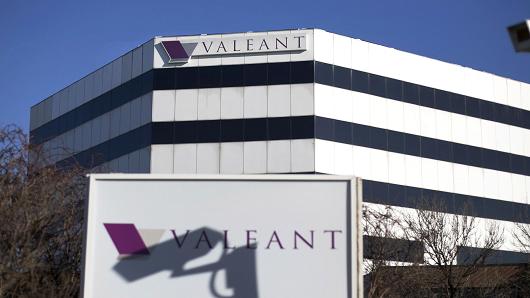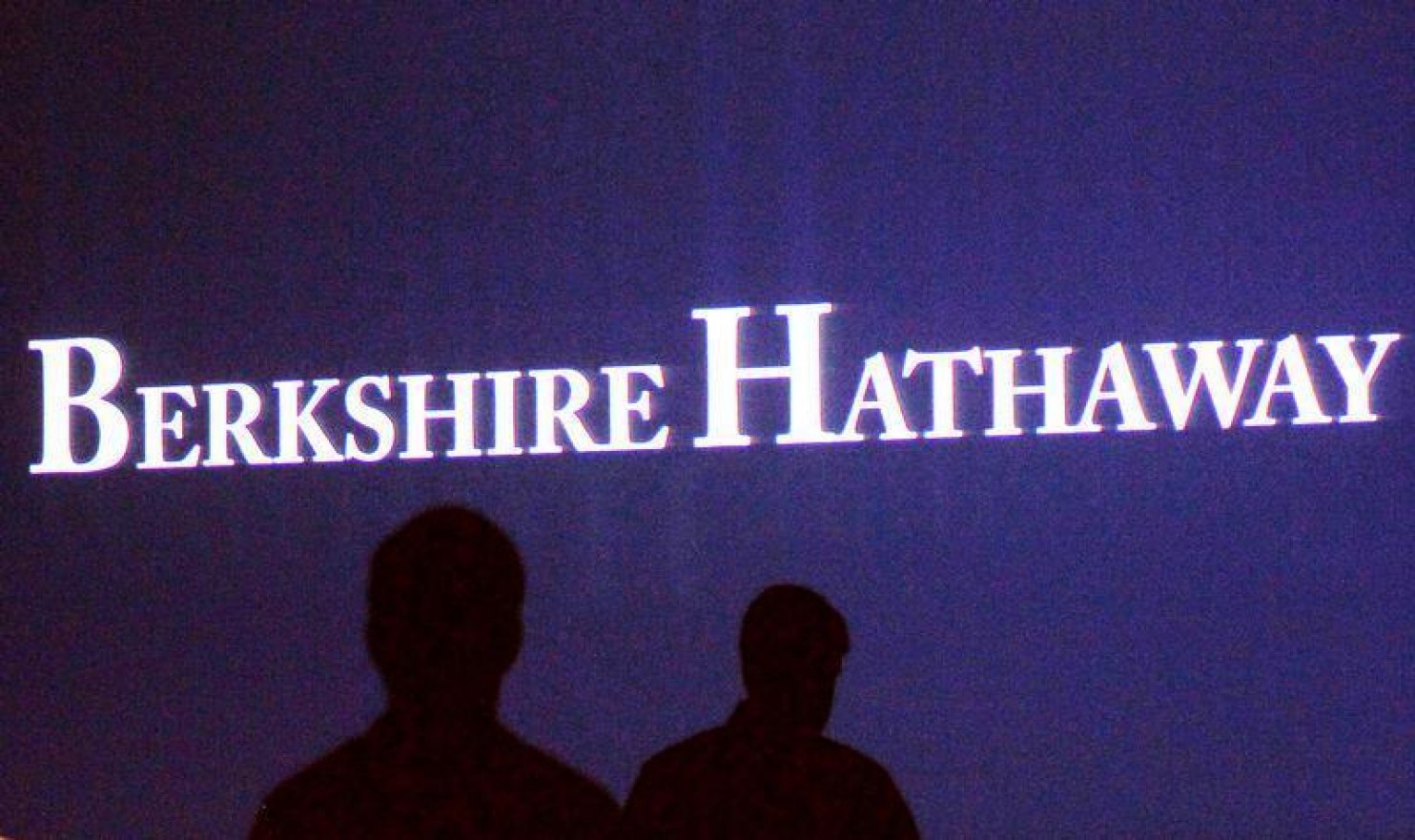by Ben Carlson, A Wealth of Common Sense
“It takes 20 years to build a reputation and five minutes to ruin it.” – Warren Buffett
One of the amazing things about the financial markets is that a single investment idea can either make or break your reputation for years to come.
Take John Paulson for example. During the financial crisis Paulson made what is potentially the greatest trade ever by betting against subprime mortgages, earning upwards of $15 billion for his firm. His went from being a no-name hedge fund manager to one of the most famous investors on the planet. His firm immediately raised billions of dollars from eager investors who were hopeful he could replicate his real estate short.
His performance since then has been uneven and subpar in what looks to be a case of a one-hit wonder in the hedge fund world.
On the other hand, there’s a firm like Sequoia, who has one of the best long-term track records in the mutual fund business. The fund has been around since 1970 and was even recommended by Warren Buffett to his former investors back in the day.
Sequoia has come under fire for a large, concentrated position in everybody’s favorite punching bag stock as of late, Valeant Pharmaceuticals. Today’s Wall Street Journal chronicled some of Sequoia’s issues that stem from this investment:
Investors pulled $777.1 million from the fund from the end of August through February. Valeant’s stock price peaked at $262.52 in August.
In an annual report to shareholders, the managers of the Sequoia Fund said the Valeant controversy had hurt their “credibility as investors” and led to heavy outflows, two shareholder lawsuits and the resignation of two out of five independent directors.
The worst part about this whole story is that Sequoia is a large holding in many workplace retirement plans, so individual investors are the ones being harmed here:
More than 50 companies have offered Sequoia Fund Inc. as an investment option in their employee savings plans, according to 2014 data from research firm BrightScope.
“I don’t follow the market day to day when we are planning for the long term,” said Larry Kelberg, who administers the $8.8 million 401(k) Profit Sharing Plan at Broadmoor Management Co. Sequoia is the most popular fund in the Omaha, Neb., firm’s plan, with more than 60% of assets invested, according to its most recent Labor Department filing.
At one point the stock made up almost 30% of their portfolio. Valeant has fallen 90% from its peak in late-2015. Sequoia is down close to 25% in the past year. This one poor investment doesn’t negate many decades of market-beating performance, but it does show how one bad idea can completely change the way people view an investor or fund.
Concentrated positions are the double-edged sword of investment portfolios. If you bet big and win you can live off of that one investment idea for years to come. But if you bet big and lose you can potentially ruin a reputation that took many years to build.
Source:
Valeant Losses Could Hurt Retirement Plans for More than 50 Retirement Plans (WSJ)
Further Reading:
One Way to Beat the Market
Copyright © A Wealth of Common Sense














